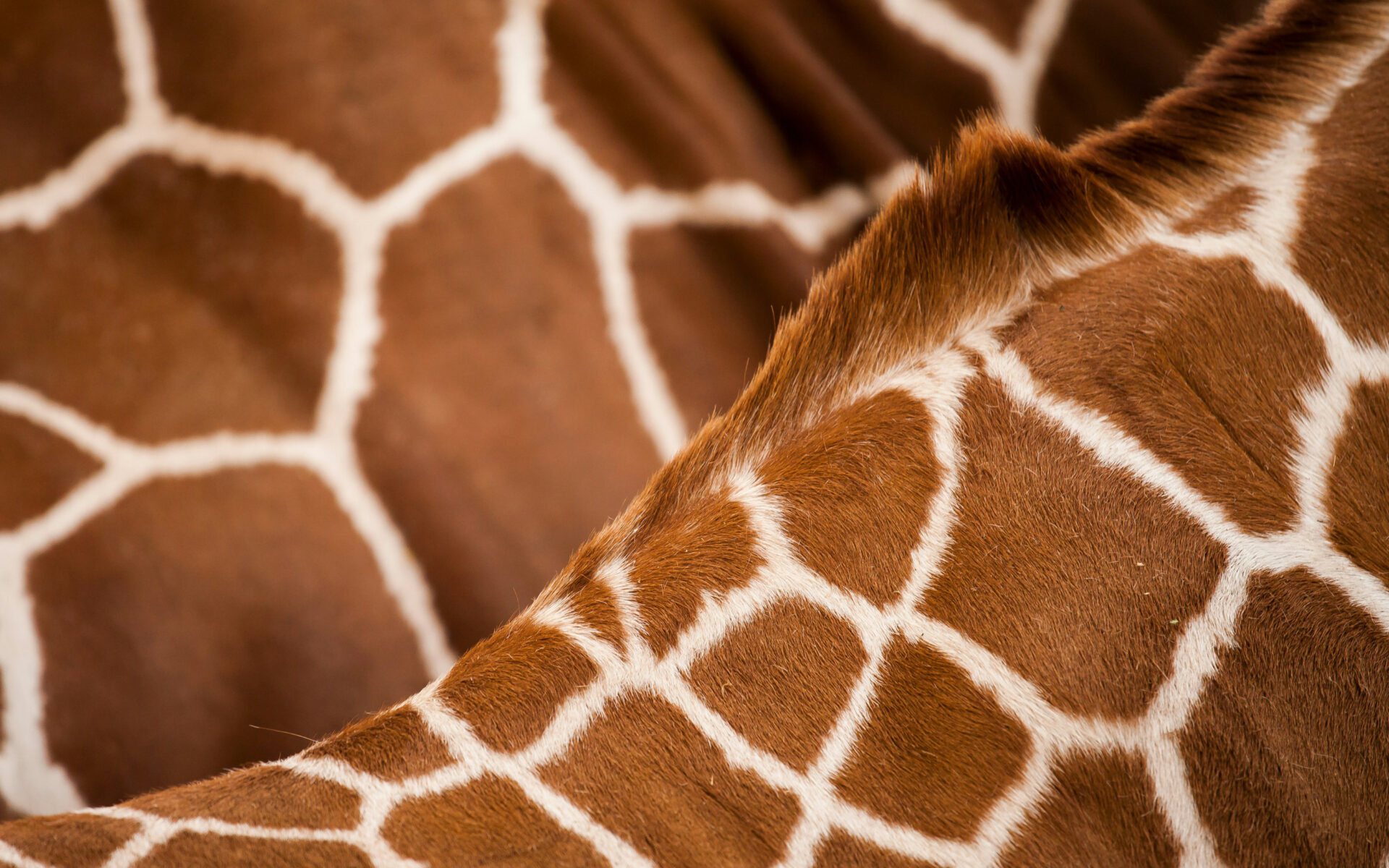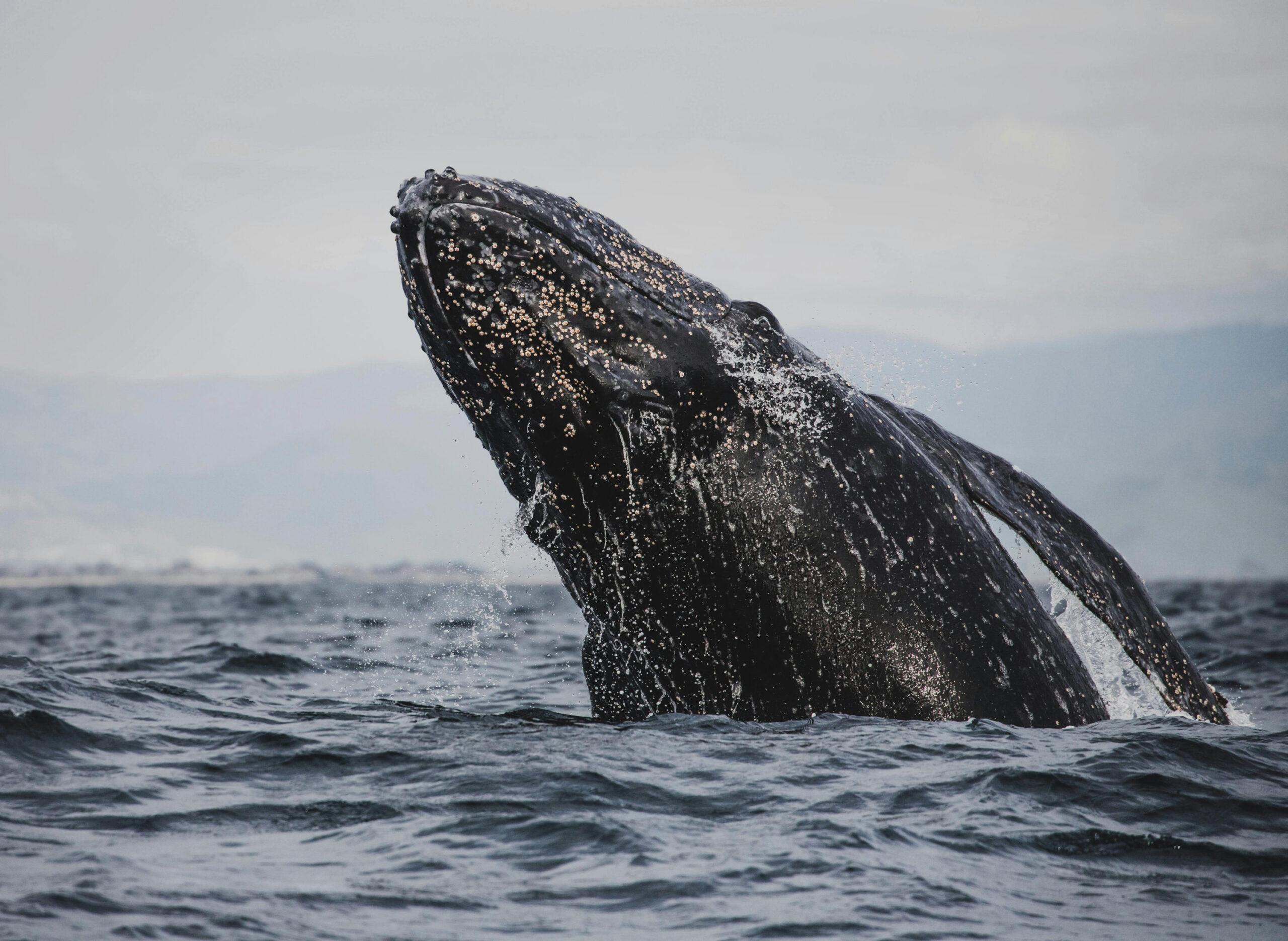Graduate
This seminar examines the breakthroughs in science and philosophy that provided much of the impetus for the emergence of Animal Studies, along with recent debates and future directions for this field. We begin with historical perspectives about animals and how this work has been interpreted and reinterpreted across the years. We then turn to the developments of the 20th century that led to the modern animal protection movement. For example, what are the leading views in science about animal sentience and agency, and what are the leading views in ethics about what we owe our fellow creatures? Finally, we spend the rest of the semester sampling the scientific and philosophical perspectives that have emerged in recent decades, examining what animals are like, what kind of moral and legal status they deserve, and how we should interact with them in a world reshaped by human activity.
Humans, animals, and the environment are deeply connected. For example, animal farming is a leading cause of climate change, and climate change is a leading cause of biodiversity loss and wild animal suffering. In this seminar we examine these connections from moral, legal, and political perspectives. We start with a survey of the main moral, legal, and political frameworks that are relevant to this discussion, including animal and environmental protection and rights. Next, we discuss the impacts that animal farming will have on the climate, the impacts that climate change will have on animals, and the moral, legal, and political questions that these impacts will raise. Along the way we discuss the many theoretical and practical issues that are relevant to animals and climate change locally and globally, including agency, sentience, well-being, moral standing, legal standing, political standing, discount rates, and multi-species impact assessments. (Also taught in the Department of Environmental Studies at New York University in 2022.)
This seminar will survey the relationship between animals and public ethics. We will focus on a wide range of public health issues including but not limited to pandemics. We will start with a survey of animal ethics and public health ethics. We will then consider how human use of animals affects public health problems. For example, how do deforestation, the wildlife trade, and animal agriculture contribute to pandemics? Next, we will consider how public health problems affect animals. For example, how do pandemics affect animals, both directly, through the spread of disease, and indirectly, through changes in human treatment of nonhumans? Finally, we will imagine new possibilities for including animals in health policy, by reducing our use of animals as part of our mitigation efforts and increasing our support for animals as part of our adaptation efforts.
In this seminar, Animal Studies M.A. students pursue intensive self-directed projects with the support of their instructor, peers, and project advisor. This project can be a research paper, policy proposal, or artistic project that explores central themes in Animal Studies in an original and rigorous way. Students secure a project advisor either prior to or during this seminar. They then select a project topic in consultation with their advisor and instructor, and they develop a polished draft of this project by the end of the semester. This seminar provides students with support in defining the projects and tools for pursuing them appropriately. This includes asking insightful research questions, defining research topics, scoping a research or artistic literature, and writing and communicating the results or final project clearly and persuasively. This is an individualized class, and students will have ample opportunity to develop and present works in progress.
Effective animal advocates attempt to use evidence and reason to do the most good they can for animals. In this course we examine this approach to animal advocacy from theoretical and practical perspectives. First, what does it mean to do the most good we can, and how do effective animal advocates attempt to pursue this aim? Second, what are the main theoretical objections to effective animal advocacy? For example, does it involve too much cluelessness, demandingness, or implausibility? Third, what are the main practical objections to effective animal advocacy? For example, does it focus too much on direct, short-term, individual change and not enough on indirect, long-term, structural change? Along the way we will consider broader moral and political questions related to effective altruism and animal advocacy, and we will discuss these questions with people doing cutting-edge work in these areas.
This course examines the nature of moral status. First, we ask about the nature of moral status. Can you have moral rights without having moral duties? Second, we ask what it takes for individuals to have moral status. Do you have to be Human? Rational? Sentient? Alive? Part of relationships of care and interdependence? Third, we ask what it takes for groups to have moral status. Under what circumstances, if any, can families, nations, species, or ecosystems have moral rights and/or moral duties? Fourth, we ask whether parts of individuals can have moral status. Under what circumstances, if any, can our past or future selves have moral rights and/or moral duties? Finally, we ask when in life moral status begins and ends. Do fetuses and/or corpses have moral rights? Do past and/or future generations have moral rights at present? We also consider implications for a variety of individuals, ranging from insects to robots.

All We Owe to Animals
Aeon (2020)
This essay argues that human-caused climate change is both intensifying existing threats to animals and creating new ones, imposing suffering and death on quintillions of beings. From wildfires, floods, and droughts to industrial agriculture, fishing, and deforestation, human systems are already harming animals on a massive scale. Ethical responsibility therefore requires not only mitigating climate change but also reducing and repairing harms to animals directly. The essay calls for integrating animal welfare into climate policy, expanding plant-based systems, creating sanctuaries and corridors, and reforming institutions. Any vision of a just, sustainable future must include nonhuman as well as human needs.
Undergraduate
This course examines the nature and limits of our understanding of animal minds from a primarily philosophical perspective. We start with a survey of philosophy of mind and cognitive ethology. What is a mind, and who or what can have one? How can we learn about animal minds, and what are the main research methods that scientists use to study them? We then ask what, as far as we know, animal minds are like. How do animals perceive the world? Do they have memories? Self-awareness? Language? Rationality? Pleasure and pain and emotion? Finally, we consider the philosophical implications of our answers to these questions. What, if anything, does this discussion tell us about the human/nonhuman divide, and about the nature, value, and meaning of human and nonhuman life?
This course is an introduction to bioethics. We start with a survey of moral theory. What is morality, and what does morality require of us? Should our priority be promoting happiness, respecting autonomy, cultivating virtues, or something else? Also, what, if anything, do we morally owe to fetuses, animals, plants, species, and ecosystems? We then apply these ideas to particular topics in bioethics, including the nature and value of mental and physical health and wellbeing; autonomy, paternalism, and trust; abortion, euthanasia, and physician assisted suicide; human and nonhuman subjects research; genetic modification of human and nonhuman animals; distribution of scarce medical resources in society; and public health impacts of food, war, and other such industries. (Also taught in the Department of Philosophy at New York University in 2008.)
This course is an introduction to practical ethics with special focus on the ethics of activism and advocacy. We will start with a survey of moral philosophy. Is there a moral difference between causing and allowing harm? What, if anything, do we owe to people in other nations and future generations? We will then consider some of the moral problems that come up in legal activism and advocacy, including abolition vs. regulation, intersectional vs. single-issue activism, and symbolic vs. strategic activism. Finally, we will consider some of the moral problems that come up in illegal activism and advocacy. For example, do we ever have a moral right, or duty, to engage in civil disobedience, property destruction, or violence? (Also taught in the Department of Environmental Studies at New York University in 2014.)
This course examines the morality of our treatment of nonhuman animals. We start with a survey of moral theory. Do animals have moral status? Do we have a right to harm or kill some animals in order to benefit or save others? We consider these questions from a variety of moral perspectives, including utilitarianism, rights theory, contractualism, feminism, and contextualism. We then apply these ideas to different kinds of animal use. For example, what is the morality of our treatment of animals in food, research, entertainment, captivity, and the wild? Finally, we will explore the connections between human rights and animal rights; the legal, economic, and psychological barriers in the way of reform; and the ethics of activism and advocacy.
This course examines the morality of our treatment of the environment. We start with a survey of ethical theory. Do we have moral obligations to plants, species, and ecosystems? Are we morally responsible for what we do collectively? And how should we treat people in other nations and future generations? We then apply these ideas to different environmental problems. For example, do we have a duty to conserve or preserve natural resources or the wilderness? And do we have a duty not to contribute to pollution or climate change? Finally, we consider how environmental ethics relates to other issues in applied ethics. For example, how would a commitment to protect the environment interact with our commitment to feed the hungry and respect individual human and nonhuman animals?
Many people believe that we are now in the Anthropocene, a geological age in which human activity is the dominant force on the planet. This course examines the nature and ethics of the Anthropocene. How is human activity affecting the world, and what is the moral significance of these effects? For example, do we have different moral obligations to other humans, nonhumans, or the environment if our activity is harming them than if not? Can we effectively intervene in human-caused harms to other humans, nonhumans, and the environment, and, if so, should we do so? Finally, are some interventions more acceptable than others? For example, should we consider bioengineering or geoengineering as options, or would that simply make the problem worse?

The Moral Circle
EA Global Bay Area (2025)
Which nonhumans matter, how much do they matter, and what do we owe them in a world reshaped by human activity? In this talk, I argue that humanity should include all potentially significant beings in our moral community, with transformative implications for our lives and societies. I then examine a variety of questions that humanity will confront regarding creation ethics and population ethics. For example, should we accept the “rebugnant conclusion” that large groups of small beings matter more than small groups of large beings? Either way, what follows for our policies and priorities, at present and in the future?
Resources

Should We Widen Our Moral Circles to Include Animals, Insects, and AI?
Clearer Thinking with Spencer Greenberg (2024)
How did we end up with factory farming? How many animals do we kill every year in factory farms? When we consider the rights of non-human living things, we tend to focus mainly on the animal kingdom, and in particular on relatively larger, more complex animals; but to what extent should insects, plants, fungi, and even single-celled organisms deserve our moral consideration? Do we know anything about what it’s like (or not) to be an AI? To what extent is the perception of time linked to the speed at which one’s brain processes information? What’s the difference between consciousness and sentience? Should an organism be required to have consciousness and/or sentience before we’ll give it our moral consideration? What evidence do we have that various organisms and/or AIs are conscious? What do we know about the evolutionary function of consciousness? What’s the “rebugnant conclusion”? What might it mean to “harm” an AI? What can be done by the average person to move the needle on these issues? What should we say to people who think all of this is ridiculous? What is Humean constructivism? What do all of the above considerations imply about abortion? Do we (or any organisms or AIs) have free will? How likely is it that panpsychism is true?






